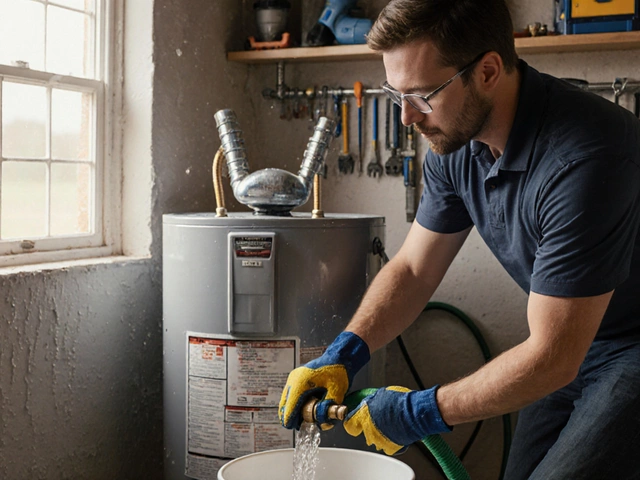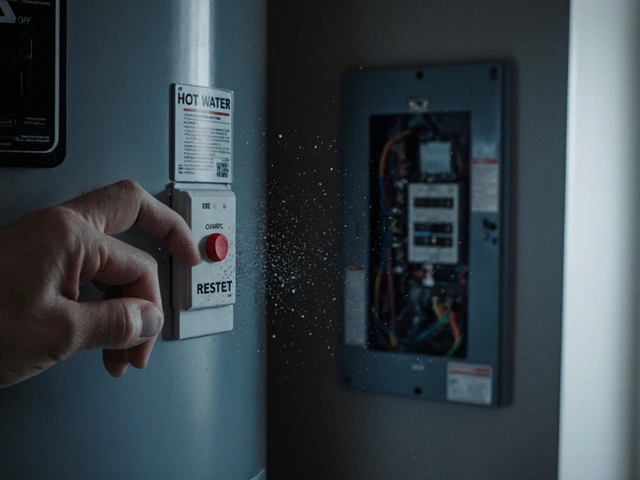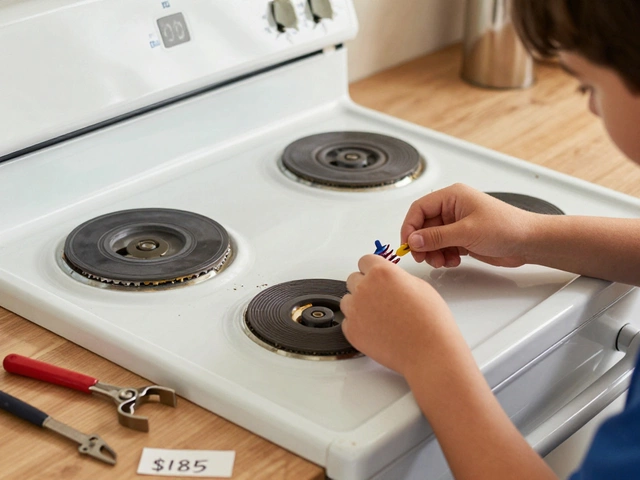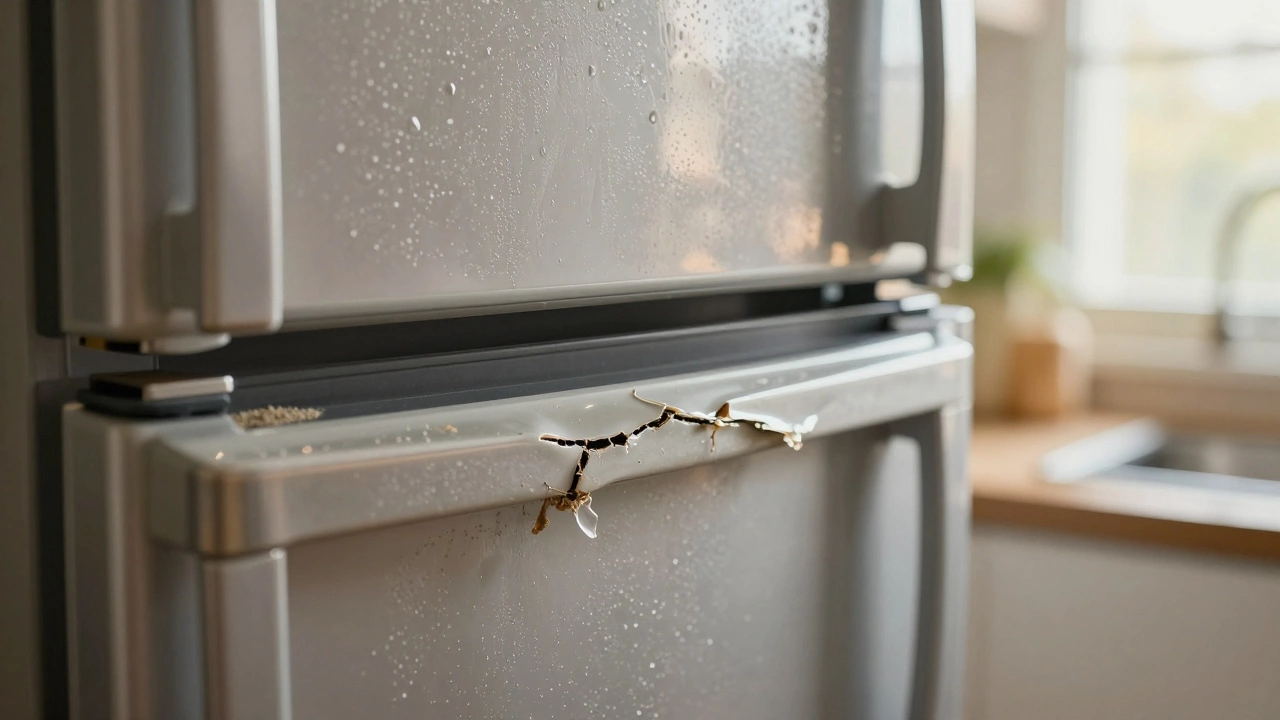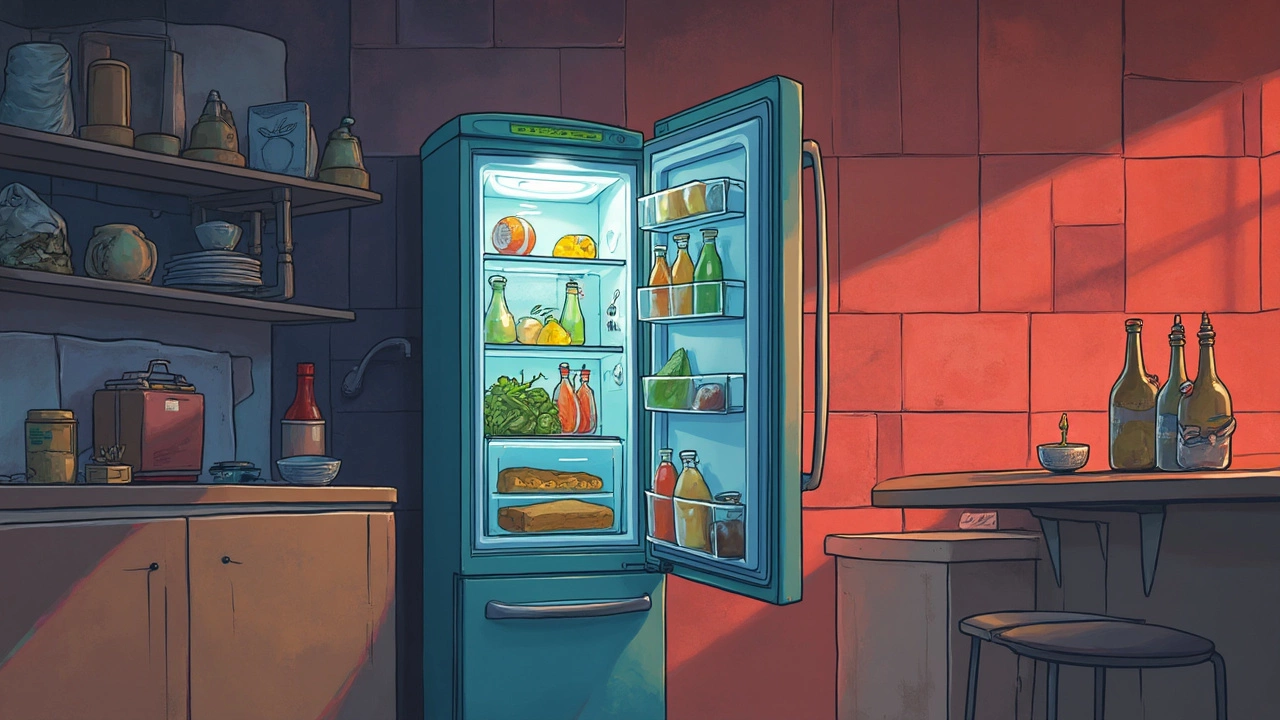Compressor Failure – What It Means and How to Fix It
If your fridge or freezer stops cooling, the most likely culprit is a compressor failure. The compressor is the heart of any cooling appliance – it pumps refrigerant around the system so cold air can be produced. When it stops working, you’ll notice warm food, strange noises, or a unit that just won’t turn on.
How to Spot a Bad Compressor
First thing to check: does the motor run at all? Open the back of the fridge, listen for a humming sound, and feel the compressor for vibration. If it’s silent, warm, or makes a rattling click, the compressor is probably dead. Other tell‑tale signs include a constant buzzing with no cooling, ice building up in the freezer, or leaks of oily residue around the unit.
Don’t forget the easy fixes. A clogged condenser coil can make the compressor overheat and shut down. Clean the coils with a brush and vacuum, then give the appliance another hour to see if it starts cooling again. If the problem persists, you’re likely dealing with a genuine compressor issue.
Repair vs. Replace – What’s the Best Move?
Repairing a compressor is pricey because it often means swapping the whole sealed system. In most cases, especially for older appliances, replacement is the smarter choice. A new compressor can cost anywhere from £150 to £300, plus labor. Compare that to the price of a new fridge – many modern models sit under £600, and they’ll come with a fresh warranty.
However, if your unit is relatively new (under five years) and the warranty is still valid, call a professional right away. A qualified technician can test the refrigerant pressure, check electrical connections, and confirm whether a simple part replacement will do the trick.
When you decide to replace, look for an ENERGY STAR rating. An efficient model will lower your electricity bill and reduce the chance of future compressor problems. And always choose a local repair service that knows the quirks of UK appliances – Rugby Appliance Repair Services can handle the removal, disposal, and installation for you.
Bottom line: don’t ignore a warm fridge. Check the coils, listen for the compressor, and decide quickly whether repair or replacement makes sense. A quick call to a trusted local service can save you food waste, money, and the headache of a broken appliance.

